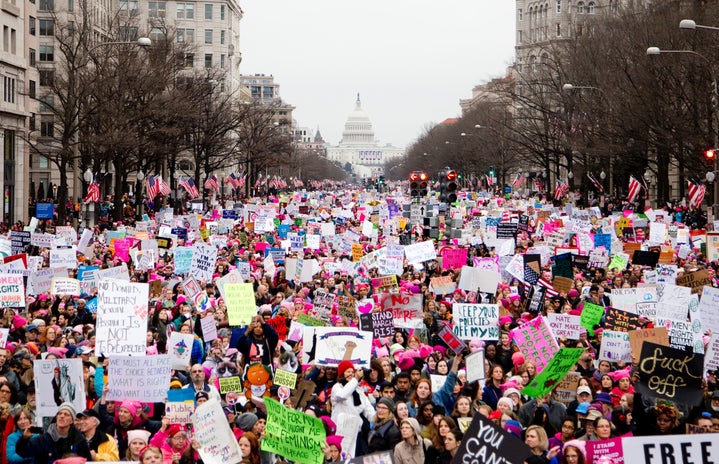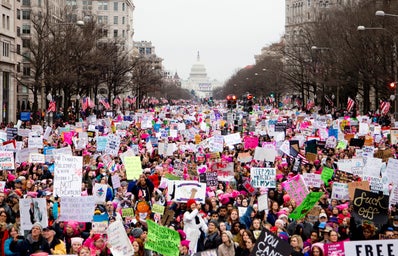Trigger Warning: rape, the death penalty, and apartheid.
One of the tragedies that affected historically oppressed racial groups in South Africa, together with their allies, is the use of the death penalty. Apartheid freedom activists, such as 22-year-old Solomon Mahlangu, were sentenced to death by hanging. Because of the repressive laws that the apartheid government had introduced, almost any kind of resistance to the apartheid regime was a serious offense. The death penalty was used as a strategic sentencing to instill fear in anyone who dared to oppose the apartheid government. South Africans detest strategies that the apartheid government used to repress marginalised groups. However, according to BUSINESSTECH, over 300, 000 South Africans signed a petition calling for the death penalty to be reinstated, due to the rising numbers of GBV cases.
South Africa has been a democratic country for only 27 years. This means the scars and memories of everything that the apartheid government did are still very fresh in most people’s minds: some are angry, some traumatised, and some are still mourning the lives that were lost during the apartheid regime. Those, like me, who were born after 1994, so called ‘born-frees’, can still feel the ripple effects of apartheid today, and many of us are angry. Though we were born in a ‘free’ and ‘democratic’ South Africa, we are faced with some of the struggles that older generations faced. Majority of us do not have facilities that are reserved for the privileged; racism is still alive, and segregation did not end with apartheid. Black people are still treated like sub-humans, so we must protest to have our rights and history respected and acknowledged. In 2015 UCT students had to protest to get the statue that commemorates Cecil Rhodes removed. In 2016 Pretoria Girls High School’s black pupils had to protest in order to be allowed to wear their hair, they had to protest against racism again last year, and there is a whites only settlement in Northern Cape. And like women who lived through apartheid, we live in fear of being victims of GBV.
The fact that so many South Africans want the death penalty to be reinstated despite its dark history speaks volumes. It shows how desperate they are to not to hear of the rape or murder of another woman. It shows how tired they are of waiting for men to “do better”.
Pictures of missing women that circulate on social media and horrific stories of ways in which some were killed do not seem to faze men; while the country mourns the death of a woman that was murdered, another is being killed. It is because of this that many South Africans believe that the death penalty should be reinstated, hoping it can be a deterrent against femicide. According to SAGE journals, 16% of young South African men living in rural areas have raped someone they were not in a relationship with or participated in a gang rape; out of this 16%, more than one third raped two or more women. According to some, death is the only way to make sure that men do not get a chance to rape or kill again. Some people who lost their loved ones to femicide believe that it is unfair that the perpetrators continue living, even if it is in prison, when they have killed someone. They argue that death is the punishment fit for murder and rape, because it eliminates the possibility of rapists repeating their crimes and hurting more women. Some people would argue that if a person can take a life, then they give up their own human rights, including the right to live.
Because of the history of the death penalty in South Africa and the permanency of death, there are people who oppose the idea of it being reinstated. It is no secret that there are people who have been wrongly accused of rape and murder. If the death penalty gets reinstated and someone who has been wrongly accused of a crime gets executed, there is no way of rectifying the mistake because death is permanent. The constitutional court also does not support the death penalty. In 1995 a resolution was passed to abolish the death penalty as it conflicted with the country’s 1994 constitution. There has been no proof suggesting that the death penalty deters crime. In fact, according to the Death Penalty Information Centre, “nations that abolish the death penalty tend to see their murder rates decline.”
After doing research for this article and reading different opinions about the death penalty, I have three questions: Is the death penalty a viable solution? Can it help me, and other South African women, feel safe to walk alone at night? Can it be the one solution that finally forces South African men to do and be better? My answer to all these questions is “no”. Before writing this article, I believed that the death penalty is a viable solution to femicide, and I thought I would feel the same way after doing research. However, that is not the case, I read stories about people who were executed after being wrongfully accused of a crime, and I cannot begin to imagine how they felt when they lost their lives because of a crime they did not commit; I also wonder how their families felt when it was proven that they were innocent years after they got executed. Because there is no evidence suggesting that the death penalty deters crime, I believe that South Africa should try using other methods, such as the justice system not being lenient on perpetrators and having a well-trained police force that will take rape cases seriously and thoroughly investigate them.


